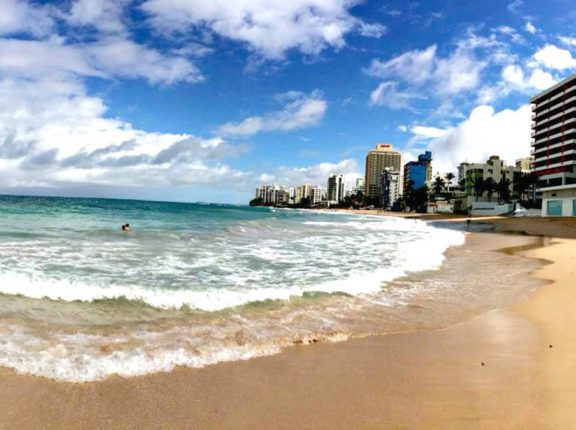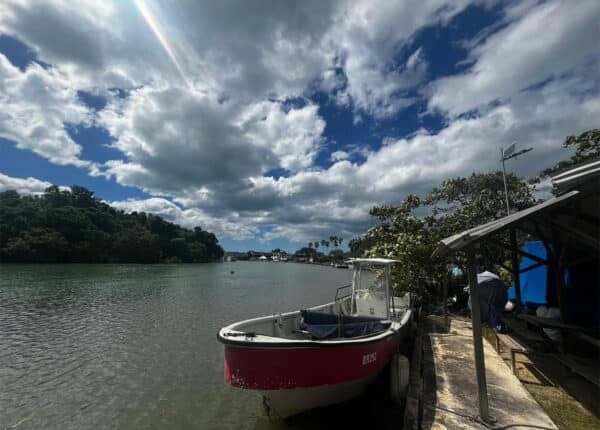By Ramesh Sujanani
Op-Ed Contributor
Professor Michael Witter, writing in the Jamaica Gleaner, recently outlined a conflict of interest in the management of recession by governments’ policies in the United States and Europe.
It seems that there are two approaches to growth. Reducing expenditure (austerity), or investing more money into projects with a return and production (growth by stimulus).
Following the G8 meeting in this year, certain dividing lines were created between the self-proclaimed policies of US President Barack Obama and new French President Francois Hollande, which were described as pro-growth, and those governments who favored austerity.
Completely absent from any discussions was any sense that an attempt was being made to achieve austerity, as in Jamaica’s case, or that supply-side efforts to spur growth after the crises have subsided have been tried, save some attempts at tax reform.
Did Jamaica practice austerity last year? I would be interested if the amount of expenditure growth showed a relation to austerity; it does, in fact, show that total expenditure declined 10 percent, while total inflows increased by 25 percent, resulting in a virtual increase in expenditure in the fiscal year 2010/2011.
Lost is the idea that what is needed is more production, not more consumption. France’s Hollande outlined that his growth plan is reducing the retirement to age 60 from 62, hiring 60,000 new teachers, raising corporate taxes, and taxing the marginalized tax rate to 75 percent, for incomes over $1,000,000 Euros, and this effort was commended by his peers.
Is this austerity or stimulus? Governments find that these two bounce back quite easily. Stimulus means more government spending, which eventually turns out to be abused by governments and wasted or frittered in crony pay-offs, or turns out to be “unaccounted.”
“Austerity” usually means less spending and higher taxes. Then it turns out nobody wants to restrict spending, especially when the economy is crumbling due to the higher taxes.
Yet some economists are stunned by the way austerity is pushed, especially at a time it is when it is ill-advised.
In 1929/1930, US Treasury Secretary Andrew Mellon demanded more austerity and fiscal management, which led in part to the Great Depression of 1930; he raised taxes and cut spending to balance the budget, which was immediately unbalanced because the unemployment rate was rising, and tax revenues were falling.
The continuance of this practice caused the Great Depression to continue for a decade, until the demands of World War II changed the situation. We need to formulate a policy yielding austerity and growth.
Lowering taxes, in the form of tax reform, will usually turn out to be revenue neutral as a percent of GDP. A flat-tax policy, as dozens of countries have introduced in contemporary situations, would repeatedly yield excellent results.
Asking for fiscal integrity from governments which are faced with 10 percent to 25 percent unemployment is poor social and economic policy, and will only make matters worse.
Austerity may be the policy five or 10 years from now, as at this time it will weaken and depress the Jamaican economy, potentially resulting in a depression, worse than the recession we now suffer.
Less spending should be focused on maintaining the desired government services, but providing those services in an efficient, low- expense manner.
The measures I propose would be to obtain investments that would result in productive enterprise with returns. New taxes will only result in increasing government spending on frivolous causes, and waste.
The headcount of government employees should be reduced to whatever is needed to maintain essential services. Pay-offs and waste should be immediately eliminated.
It is far easier to reduce government spending when the private sector is booming, and jobs are available.
I am reminded that Japanese leaders, after the Meiji restoration in 1868, discarded a tax code containing some 1500 taxes, replacing it with a minimalist system that derived almost all revenue from a simple property tax.
Most of the remaining revenue was raised by a tax on alcoholic beverages.
The new Japanese leaders then eliminated their unneeded Government bureaucrats in one main purge. Sound enticing?
Ramesh K Sujanani can be reached at rsujanani78@gmail.com.
Note: the opinions expressed in Caribbean Journal Op-Eds are those of the author and do not necessarily reflect the views of the Caribbean Journal.







